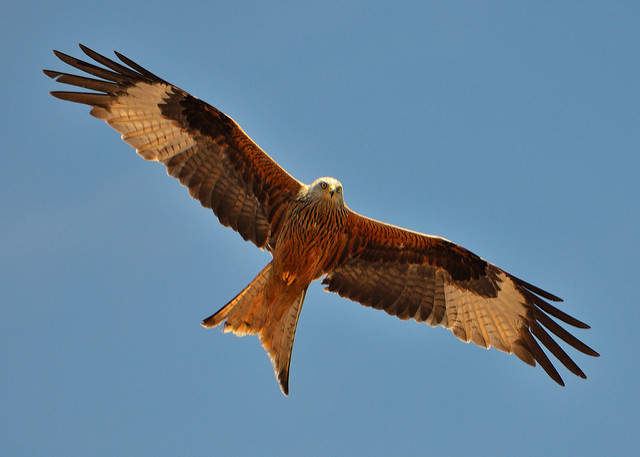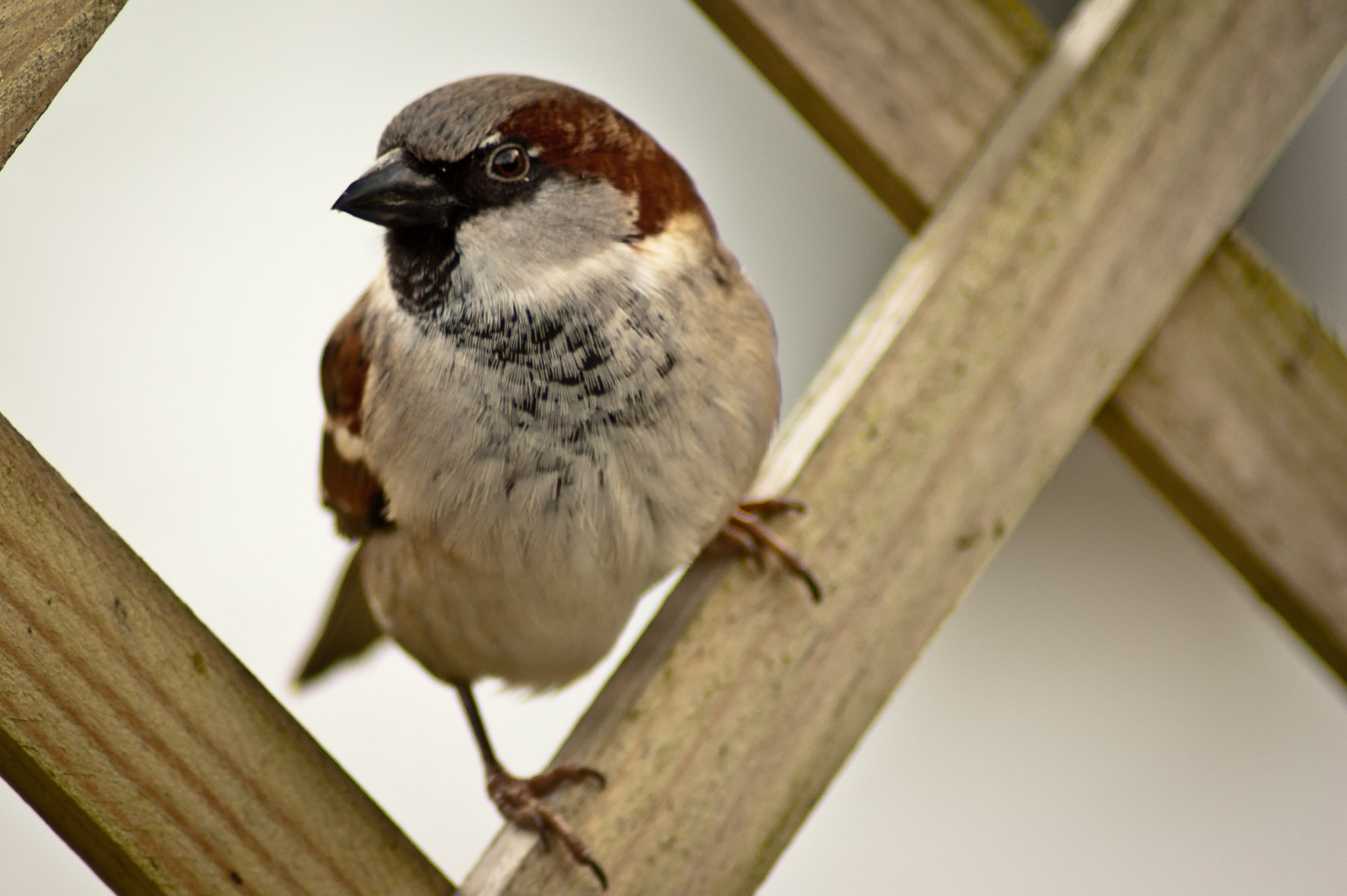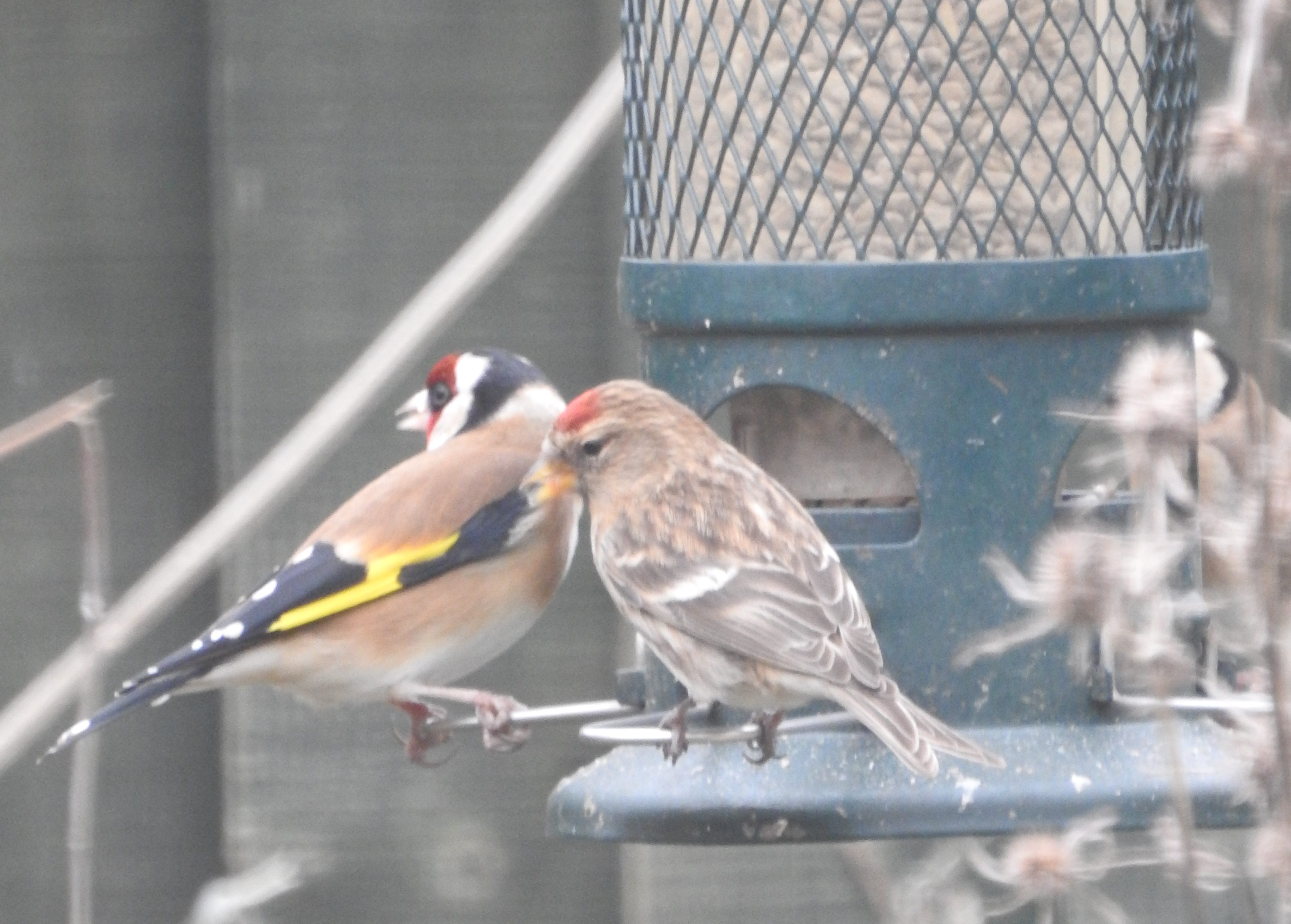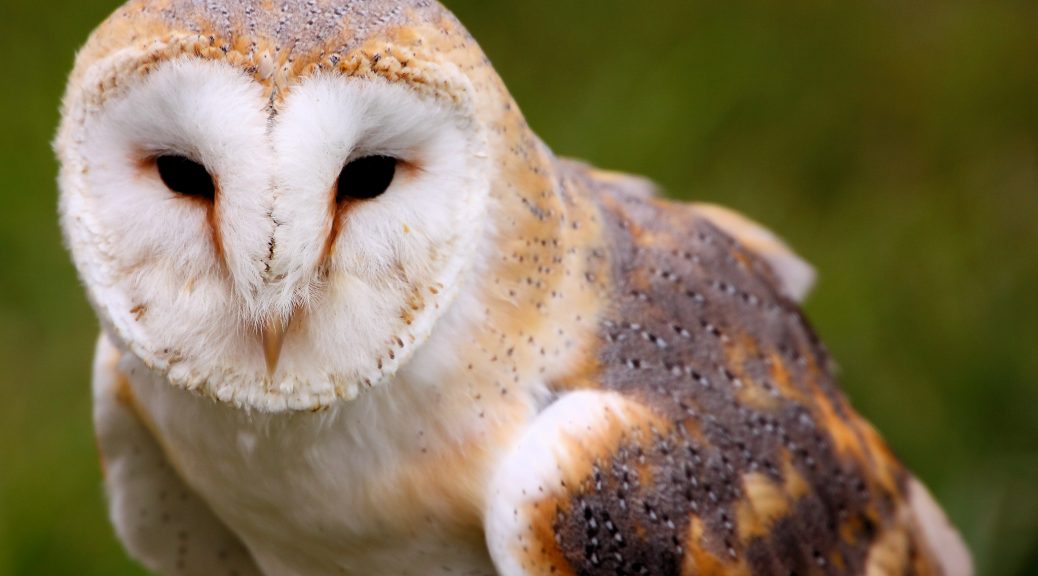The BBC reports golden eagles have bred at a “rewilding” estate in the Scottish Highlands for the first time in 40 years. An eagle pair successfully reared the chick at an artificial eyrie on the 10,000-acre Dundreggan estate.
Tag Archives: birds
Birdwatch: white storks return to UK after 600-year absence
The Guardian reports scheme in West Sussex leads to first chicks of the species hatching in the wild since the 15th century. The sound was both primeval yet utterly fresh and new: a time-travelling throwback to the middle ages; yet, at the same time, a portent of a brighter future for our rural landscape…But this wasn’t in France, Spain or Poland, where I have watched them in the past, but in West Sussex: at the Knepp Wildland Project.
British birds’ long-distance feats and longevity are revealed
The Guardian reports data comes from rings on birds, with more than a million fitted during 2019. The records, collected by the British Trust for Ornithology, provide insights into the remarkable migrations of birds but also the human and climatic pressures they face – and their longevity.
Red kite 30-year Chilterns project a ‘conservation success’
 BBC News reports the reintroduction of red kites to an area of outstanding natural beauty 30 years ago has been a “true conservation success story”, an expert has said. Numbers of kites had declined over a 200-year period and by the 1980s they were one of only three globally-threatened species in the UK.
BBC News reports the reintroduction of red kites to an area of outstanding natural beauty 30 years ago has been a “true conservation success story”, an expert has said. Numbers of kites had declined over a 200-year period and by the 1980s they were one of only three globally-threatened species in the UK.
Thirteen young birds were brought over from Spain and released in the Chiltern Hills in July 1990.They are now “thriving”, with an estimated 1,800 UK breeding pairs.
Photo by Noel Reynolds under creative commons.
Wild white stork chicks hatch in UK for first time in hundreds of years
Sky News reports the first wild white stork chicks have hatched in the UK for what is believed to be hundreds of years. The White Stork Project has been closely monitoring three nests at the Knepp estate in West Sussex. After a 33-day wait, six eggs hatched in two of the nests. It is believed the parents of the first hatchlings are the same pair that attempted to nest at Knepp last year, when their eggs failed to hatch. The parents have been seen incubating and regurgitating food for their offspring. White Stork Project officer Lucy Groves said it was a “nervous wait” after last year’s failed attempt. The last storks that were recorded breeding successfully in the wild nested on St Giles’ Cathedral in Edinburgh in 1416. The White Stork Project at Knepp aims to restore a population of at least 50 breeding pairs across the south of England by 2030.
Pollution: Birds ‘ingesting hundreds of bits of plastic a day’
BBC News reports birds living on river banks are ingesting plastic at the rate of hundreds of tiny fragments a day, according to a new study. Scientists say this is the first clear evidence that plastic pollutants in rivers are finding their way into wildlife and moving up the food chain. Pieces of plastic 5mm or smaller (microplastics), including polyester, polypropylene and nylon, are known to pollute rivers. Researchers at Cardiff University looked at plastic pollutants found in a bird known as a dipper, which wades or dives into rivers in search of underwater insects.
Birds of prey persecution increases in lockdown
BBC News and The Daily Mail report the RSPB says it has been overrun with reports of birds of prey being illegally killed since the start of the lockdown 6 weeks ago. According to the charity the vast majority of incidents have been reported close to large estates used for game bird shooting.
The head of the RSPB investigations unit said it was like the ‘wild west’ out in the countryside with those wanting to kill birds of prey emboldened by the lack of walkers and hikers. At this time of year the charity would normally be getting 3 or 4 reports of killings a week, they are now getting 3 or 4 a day. Deaths include red kites, falcons and buzzards. RSPB described the killings as ‘orchestrated’.
Photo of dead buzzards by soundslogical under creative commons.
Declining house sparrow shows signs of feeling chirpy again

The Times reports the cheering chirruping of house sparrows, once common in gardens, has declined drastically over the past four decades. A generation after numbers plummeted, however, there is hope.
At the 41st annual birdwatching weekend held in January an average of 4.7 house sparrows were seen, prompting hopes that they have turned the corner. Almost 1.3 million house sparrows were seen over the weekend. Experts believe the mild winter may have helped smaller birds, which are susceptible to cold conditions.
Garden birdwatching: the wildlife travel drama on your doorstep

THE GUARDIAN reports we may be stuck indoors but the skies are a source of ornithological wonder. Experts reveal what’s out there, where to look – and how to get competitive about it.
Some of us have always scrutinised the skies above our homes and gardens but the Covid-19 crisis has turned this activity into something of a movement, sparked by Matteo Toller of Udine in north-east Italy who recently se up #BWKM0 (birdwatching at zero km) on Twitter to help people record their sightings, share knowledge and show solidarity during the country’s lockdown.
Matteo himself recorded 51 species from his windows in 12 hours earlier this month, including brambling, black stork, goshawk and the first house martins migrating north.
Barn owls saved from illegal trader
ITV news report a man who illegally kept and sold barn owls in his back garden has been forced to surrender the animals.
Lee Wellings had kept the owls in aviaries at his home address in Scholar Walk, Walsall.
Last December officers discovered six of the protected species after executing a search warrant alongside the National Wildlife Crime Unit.

